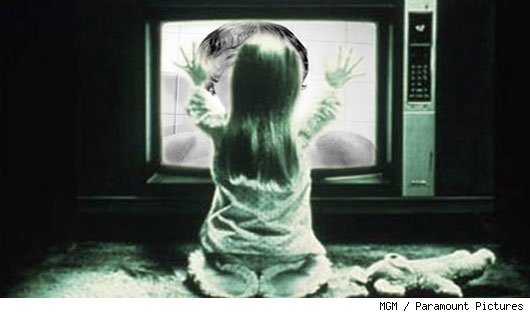
Freddy. Jason. Annabelle. If these names give you both chills and joy, you are someone who’s content with spending $13 or $14 on getting a good scare at the movies. You watch these films all year round because every day is Halloween, really. You’re able to recall with precision the scene from A Nightmare on Elm Street where Johnny Depp falls asleep and gets swallowed alive by his bed. The dark red splatter that follows has haunted you for decades. You’ve seen The Exorcist more times than you can remember.
You know witches are real. You also know that whatever your dog saw was more than a tree shadow. So why do you do it? Why do you put yourself through 90 minutes (sometimes more) of pure fear? Why do you keep on watching when you know something terrifying is coming around the corner?
Believe it or not, watching a scary movie is a great way to work things out or to go through a cleansing of sorts (not to be confused with the many cleansing or detox kits you buy at Whole Foods after New Year’s Eve). The word “catharsis” may come to mind, as its origins are from the Greek word “katharsis,” which relates to the purification or purging of emotions.
HUMANS ARE OBSESSED WITH DEATH
Thrill seekers have made the brains behind World War Z, the Resident Evil franchise, and most recently, the South Korean zombie thriller Train to Busan very, very rich. And let’s not forget The Walking Dead and its companion prequel, Fear the Walking Dead. Why are you drawn to the horrible sounding creatures who just won’t stop in their quest to eat you (and possibly make you one of their own)? Humanity has always been interested in death and what happens when our lives end. Like Roth, Dr. Paul J. Patterson of Saint Joseph’s University thinks that zombies make a lot of sense right now. “It’s about the environment degrading and falling apart,” says Patterson, who is the Director of the Medieval, Renaissance, and Reformation Studies Program. “It’s a disease following you. It’s the Zika virus, the Ebola, this constant news stream of disease and environmental damage.” The zombies on The Walking Dead, for example, serve as a commentary to how humans react when society breaks down. “That’s always the fear in the back of our minds,” Patterson says. “When society fails us, when the government fails us, how will we react? Will we help each other?”

